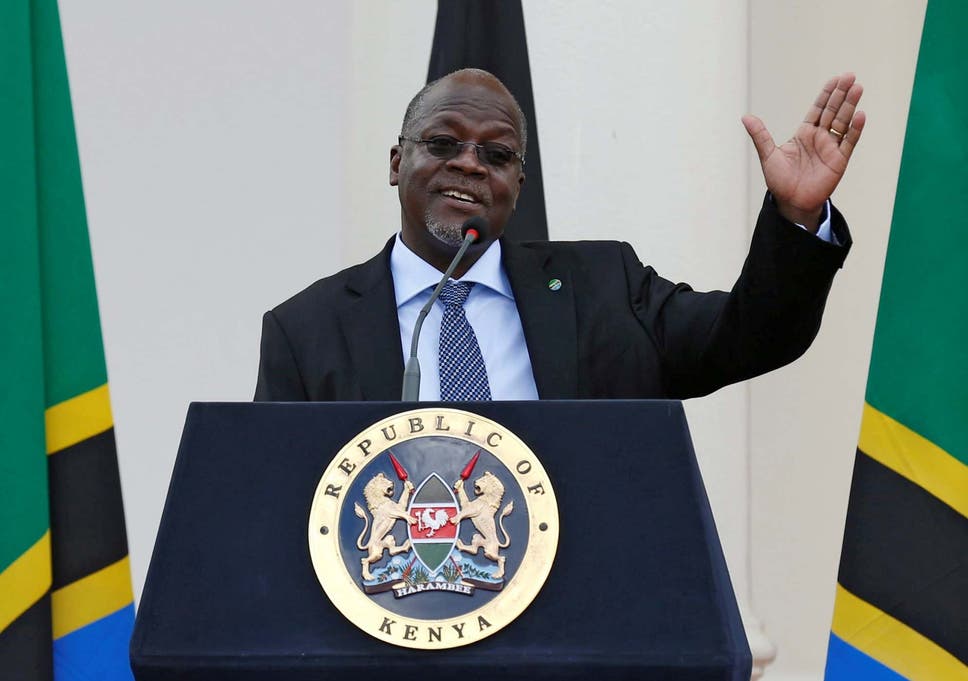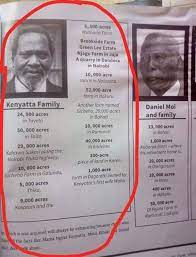Tanzania’s president has urged his country’s women to “set your ovaries free” and have more children in a bid to boost the economy.
John Magufuli said a higher population could turn the East African nation into a regional powerhouse, but critics warned it would instead worsen inequality and poverty.
Since taking office in 2015, the president has presided over a campaign of industrialisation that has helped buoy economic growth. But Mr Magufuli claimed a higher birth rate would stimulate faster progress
“When you have a big population you build the economy. That’s why China’s economy is so huge,” he said, citing India and Nigeria as other examples of countries that gained from a demographic dividend.
Speaking in his home town of Chato on Tuesday, he added: “I know that those who like to block ovaries will complain about my remarks. Set your ovaries free, let them block theirs.”
Tanzania has sustained relatively high growth, averaging 6 to 7 per cent a year, over the past decade.
The nation of 55 million people already has one of the world’s highest birth rates, at around 5 children per woman.
Tanzania’s population is growing by about 2.7 per cent a year while most public hospitals and schools are overcrowded and many young people are unemployed, according to the United Nations Population Fund (UNFPA).
About a third of married women in Tanzania use contraceptives, UNFPA data shows, but Mr Magufuli has criticised Western-backed family planning programmes implemented by the health ministry.
Last year, the president claimed curbing the birth rate was “for those too lazy to take care of their children”, while the health ministry barred broadcasting of family planning adverts by a US-funded project.
While Tanzania’s poverty rate – people living on less than 80p a day – has declined to about 26 per cent as of 2016, the number of poor citizens has not because of the high population growth rate, according to the World Bank.
Opposition leaders in Tanzania have criticised Mr Magufuli’s stance, saying the country’s already rapid population growth is a time bomb.
His latest remarks also raised eyebrows on social media.
“As a modern woman I can’t believe this bulls*** especially coming from him,” said one Tanzanian Twitter user. Others branded the president an “eccentric clown” and “crazy”.
Critics also said it was simply bad economics for Mr Magufuli to urge Tanzanians to have more children.
“High population growth in Tanzania means increased levels of poverty and income inequality,” said a rights activist based in Dar es Salaam who asked not to be named to avoid possible repercussions in the government’s ongoing review of non-governmental organisations. “Women’s ovaries should never be used as a tool for seeking economic prosperity.”









